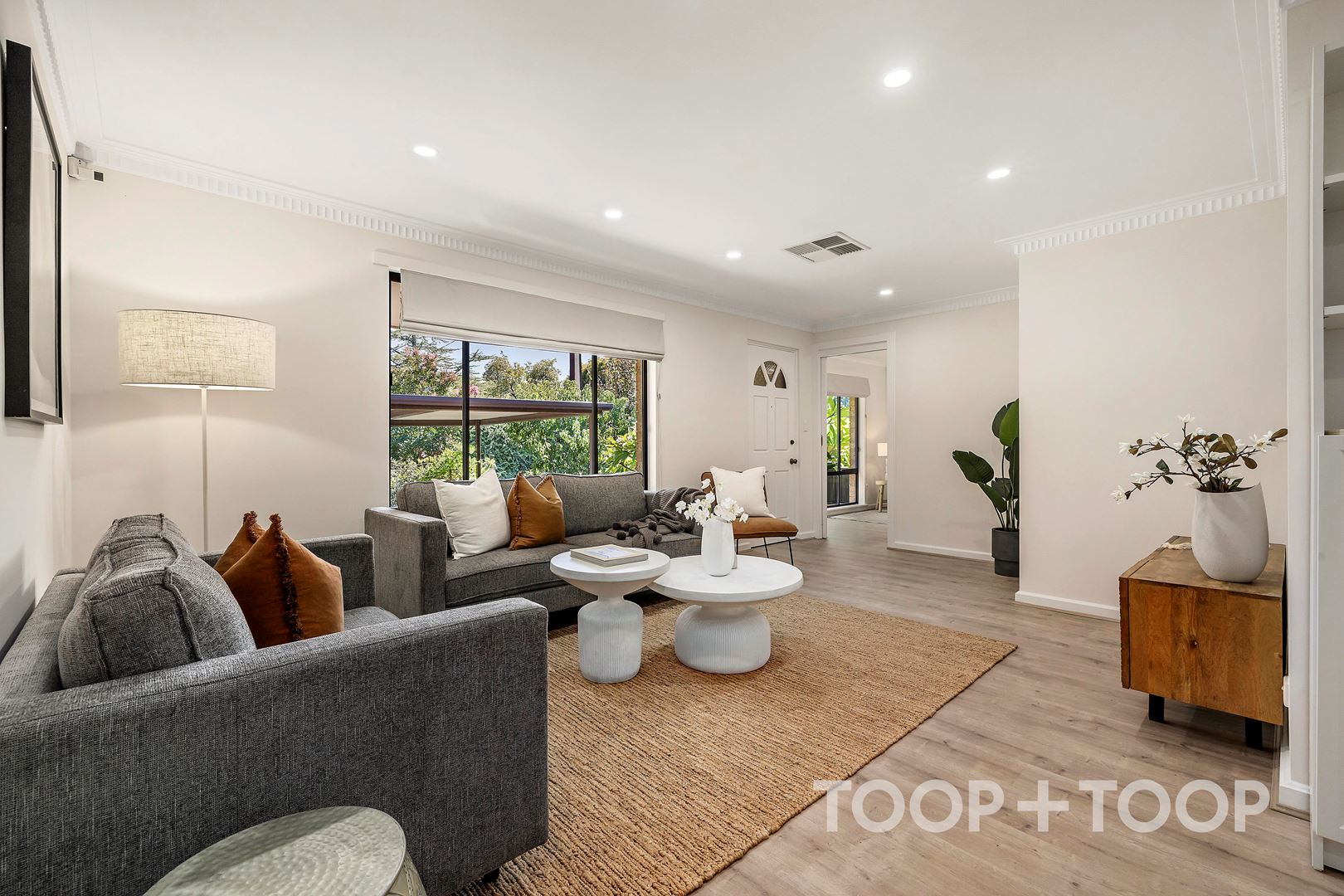November 10, 2020
Five things landlords need to know about strata
A strata title permits individual ownership of part of a property (generally an apartment, unit or townhouse), combined with shared ownership of common areas including gardens, foyers and driveways. This is managed through a legal entity called the owners corporation, sometimes known as body corporate. Here are the top facts landlords need to remember about leasing a property under a strata title.
1. What is a strata plan?
A strata plan is a plan dividing land into units (two or more required) and common property.
2. What are the strata obligations for landlords?
By owning a home under a strata plan, you will automatically become a member of the owners corporation and have a degree of responsibility for common property. You will also contribute a sum of money to the running and maintenance of shared areas by paying quarterly levies. Landlords will also be required to pay a fee into the property's capital works fund, contributing towards long-term expenses for tasks including garden maintenance and gutter replacement.
3. Do landlords have to attend any compulsory meetings?
Under the Strata Titles Act 1998, members of the strata corporation are required to hold meetings once a year or more. These meetings must be held to ensure that the strata scheme is insured while addressing other important tenant and maintenance issues. During these meetings, each landlord is entitled to one vote on decisions made. Landlords also have the choice to have someone else vote on their behalf through a proxy vote.
{"type":"Link","id":"2TTTyugQLAX3YDJedPLTA8","numimg":0}{"type":"Link","id":"6t1FgVBeRSvFLTr9xNLBUy","numimg":0}4. What is the role of a strata manager?
The strata manager is an elected individual who is responsible for the administration of the owner's corporation. Their key responsibilities include arranging insurance, collection of levy contributions, ongoing communication with owners, chairing all committee meetings, producing agendas and notes for these meetings, organising repairs and maintenance of common property, arranging payment of related invoices and attending to any orders, submissions and appeals. Some complexes nominate their own strata managers, while other larger buildings will pay a company to administrate all facilities within the complex, including pools, gyms, lifts and common areas.
5. What are the strata management fees in South Australia?
Strata management fees are based on the number of units in a group. For larger properties, strata need to assess matters including meetings, caretaker and committee involvement to provide owners with the most accurate pricing. Strata can be a very straightforward matter, but managing owner and tenant expectations can occasionally prove challenging.



